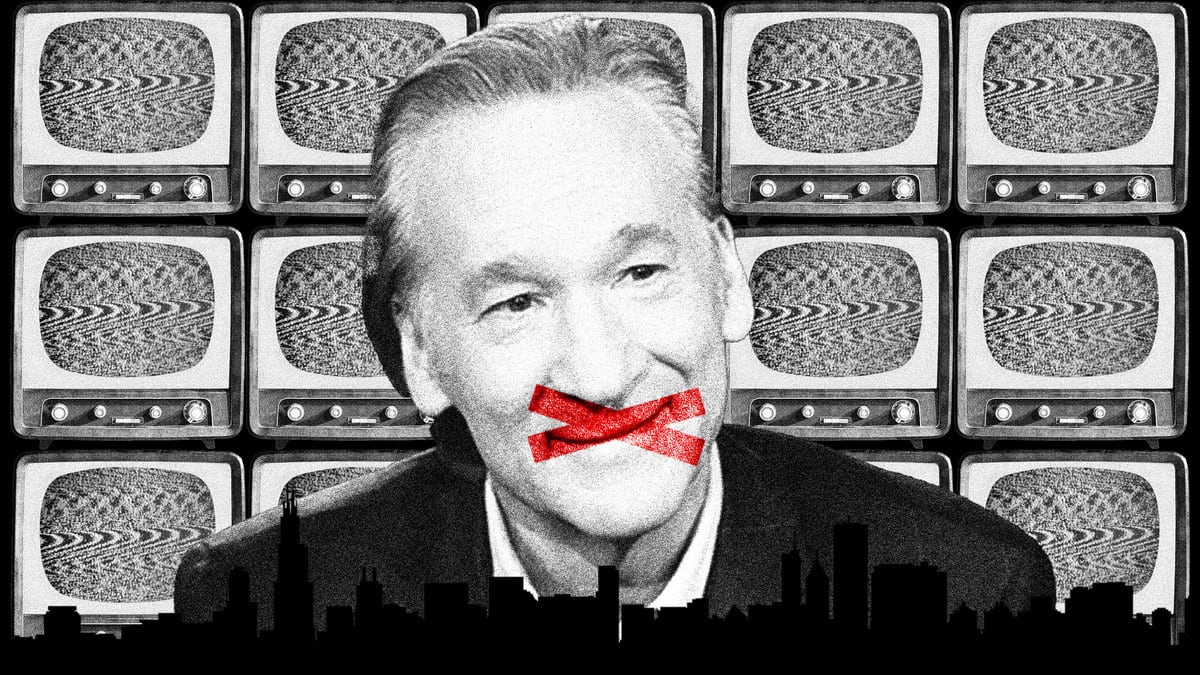Crime & Justice
Photo Illustration by Elizabeth Brockway/The Daily Beast/Getty
Bill Maher Is Clueless About Chicago, Guns, and Poverty
FIRING BLANKS
Bill Maher had a lot to say about race and crime in Chicago on the most recent episode of “Real Time”—most of it was boneheaded and wrong.
opinion

Trending Now





